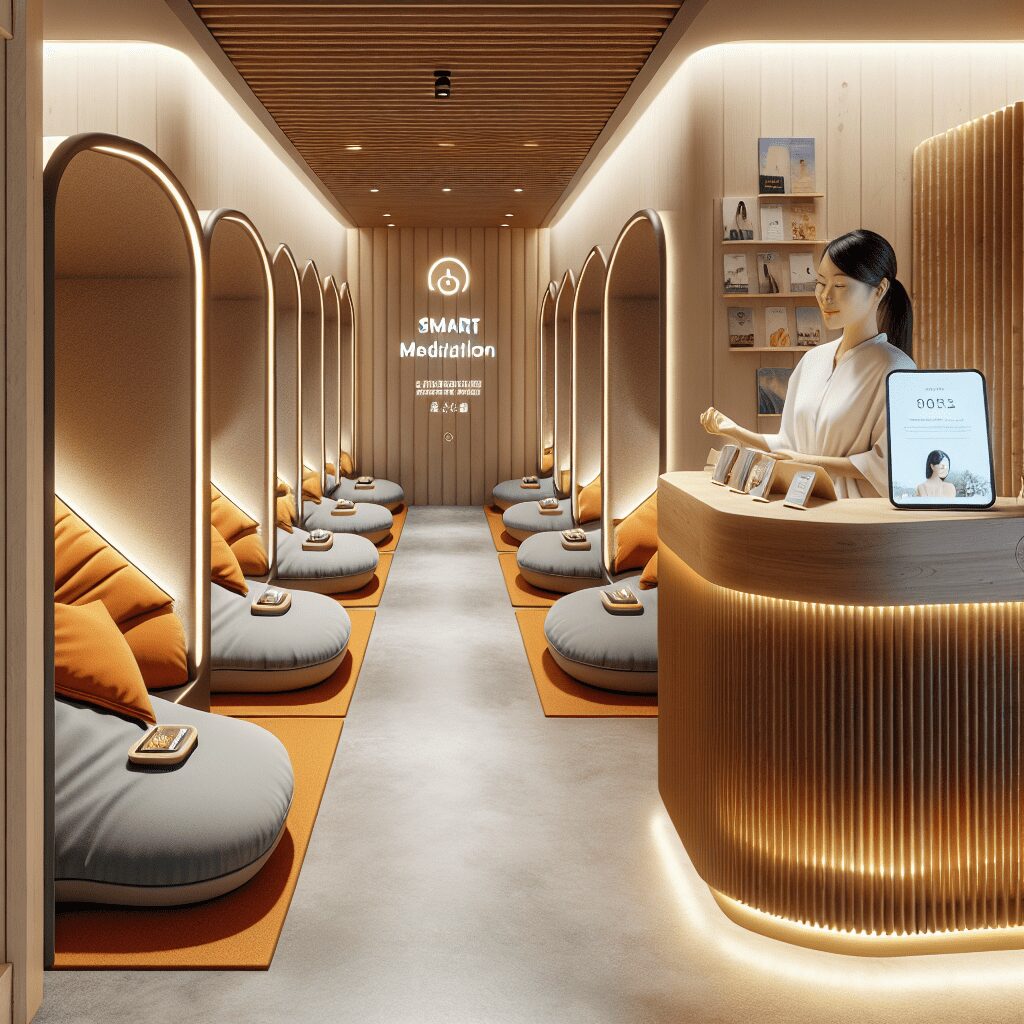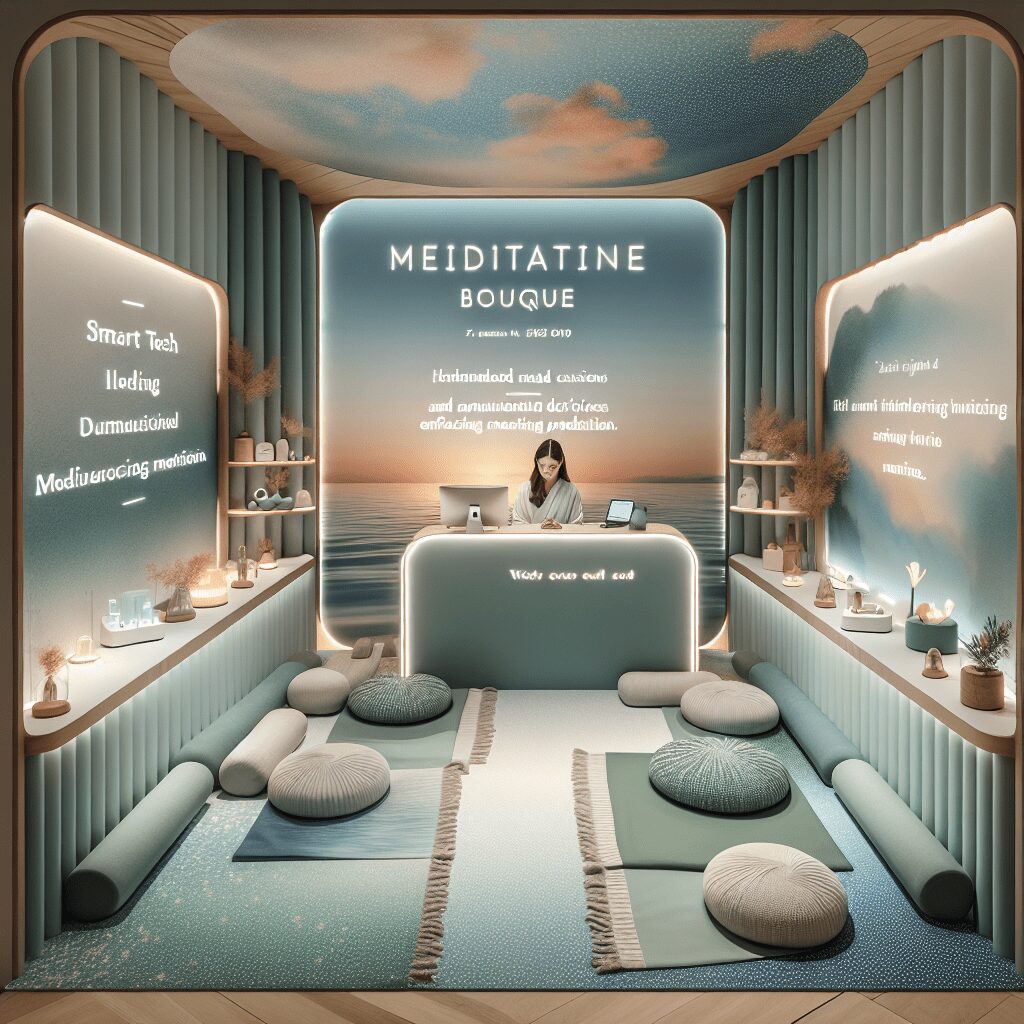
Prioritize your mental well-being daily. Enhance your life by nurturing your mental health with the Smart Meditation app. Break free from stress, alleviate anxiety, and enhance your sleep quality starting today.
How To Treat Hangover Anxiety Propranolol?
Hangover Blues and Anxiety: Befriending Propranolol
We’ve all been there – waking up with a throbbing headache, a churning stomach, and a vague sense of dread popularly known as “hangxiety.” Whether it’s the aftermath of a raucous wedding reception, a milestone birthday party, or just a tad too much indulgence on a Friday night, the cocktail of physical and emotional distress that greets us the morning after is anything but pleasant. Enter Propranolol, the beta-blocker that has become a buzzword in social circles and online forums, lauded for its supposed prowess in quelling the tempest of post-alcohol anxiety. But let’s not leap before we look. It’s high time we took a closer look at what Propranolol can and can’t do in the face of our hangover woes.
Navigating the Waters of Hangover Anxiety
First things first, hangover anxiety isn’t just in your head – well, technically it is, but it’s real. When you drink alcohol, it messes with the levels of neurotransmitters in your brain, notably serotonin and dopamine. As your body scrambles to restore balance once the alcohol wears off, you might find yourself feeling more anxious than a cat in a room full of rocking chairs.
Now, you might be wondering, “Can’t I just pop a Propranolol and be on my merry way?” Well, not so fast. Propranolol is a beta-blocker, primarily used to manage abnormal heart rhythms, high blood pressure, and other heart-related issues. It’s also prescribed for reducing physical symptoms of anxiety, like a rapid heartbeat, trembling, and sweating, but here’s the rub – it doesn’t directly tackle the psychological aspects of anxiety.
Addressing Hangover Anxiety: A Comprehensive Approach
So, while Propranolol might help you feel less jittery, it’s not a magic bullet for hangover-induced anxiety. Here’s a better game plan:
-
Hydration is Key: Alcohol is a notorious dehydrator. Chugging water or electrolyte-rich drinks can help rehydrate your body and possibly alleviate some of those anxious feelings.
-
Catch Some Z’s: Sleep can be a miraculous remedy. Granted, alcohol can mess with your sleep quality, but try to catch some shut-eye to help your body recover.
-
Eat Wisely: Opt for foods that can help stabilize your blood sugar levels. Think bananas, oats, and yes, even that greasy breakfast might help (in moderation, of course).
-
Mindfulness and Relaxation: Practices like deep breathing, meditation, or even a gentle walk can help soothe your nervous system back into equilibrium.
-
Limit Caffeine: Yep, that morning-after coffee might be doing more harm than good by heightening anxiety. Try herbal tea instead.
-
Consider Counseling: If hangover anxiety is a recurring theme, it might be time to look at your relationship with alcohol. No shame in seeking help!
In Case You Were Wondering…
Before you start considering Propranolol as your go-to hangover cure, remember the golden rule – always consult with a healthcare professional. Self-medicating, especially with prescription drugs, can lead to a slippery slope. Moreover, Propranolol can interact with other medications and isn’t suitable for everyone.
The Bottom Line
While Propranolol might take the edge off by reducing the physical symptoms of anxiety, it’s not a standalone solution for hangover anxiety. The best remedy? Prevention is better than cure; moderation is key. But, if the spirits got the better of you, remember that hydration, rest, and self-care practices can go a long way. And hey, if your “hangxiety” is becoming a bit of a party pooper, talking to a professional may give you the tools you need to navigate the after-effects of a night out with more resilience. Here’s to healthier, happier mornings after!





